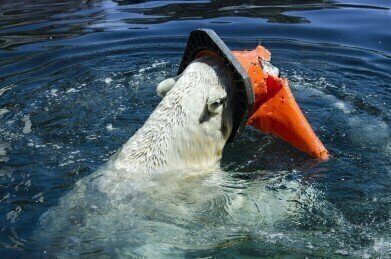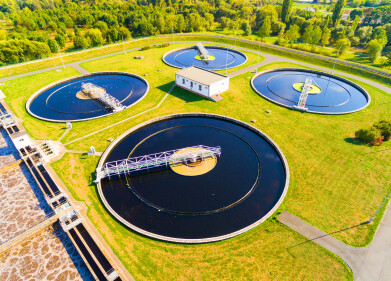Water/Wastewater
What Are the Consequences of Water Pollution?
Feb 03 2020
Whether it occurs through improper waste disposal and inadequate methods of treatment in urban epicentres or via oil spills and agricultural run-off washing into our seas and oceans, water pollution can have grave consequences for all life on Earth. Here’s a quick look at some of the main ways in which it can impact upon humans, animals and plants in a negative manner.
Destruction of aquatic flora and fauna
There are countless species of plants and animals which depend upon water for their survival, making them the most susceptible to water pollution. The 2010 Deep Horizon oil spill, for example, adversely affected over 82,000 birds, 6,000 turtles, 25,900 marine mammals and an unquantified number of fish and invertebrates. Meanwhile, other forms of pollution can destroy the carefully balanced ecosystems and habitats of water-dwelling organisms, wiping out entire species altogether.
Drinking water supplies
Contaminating the sources from which we draw our drinking water supplies over the centuries means that 2.1 billion people – or just over a quarter of the world’s population – do not have access to safe drinking water. In fact, despite massive advances in innovative online water quality monitoring in drinking water networks, even prosperous countries can find themselves at the mercy of unclean drinking water. In 2014, the town of Flint in Michigan, USA, saw dangerous levels of lead infiltrate its supplies, meaning over 100,000 people were exposed and at least 12 killed.
Food chain disruption
Microscopic pollution of a body of water as big as the Pacific Ocean might seem negligible, but tiny microplastics, chemicals, heavy metals and other contaminants can be ingested by microorganisms and interfere with their inner organs. These are then consumed by larger animals and so pollution gradually works it way up the food chain. At some point, it’s feasible for the contaminants to wipe out a link altogether, or else reach the very top of the pyramid by compromising human health.
Agriculture
The delicate balance between water and agriculture is critical to the environment, so it’s imperative that the water used for irrigation of crops and sustenance of livestock is kept scrupulously clean. Failure to do so could damage the nutritional value of the yields produced by farmers or, worse yet, make them toxic to humans. Even if the problem is recognised before it can cause too much damage, the scarcity of water in the period while it is being resolved could lead to a drop-off in yields and result in food poverty for the world’s most vulnerable people.
Economic downturns
So far, all of the above consequences of water pollution have focused on the health impacts – but the costs of water pollution can be financial, too. Last year, the Japanese authorities announced that they were running low on space to keep contaminated water supplies from the Fukushima power plant disaster under containment. Studies have indicated that it’s likely to cost the government a very minimum of $660 billion to completely clean up the fallout from the incident.
Digital Edition
IET 34.2 March 2024
April 2024
Gas Detection - Biogas batch fermentation system for laboratory use with automatic gas analysis in real time Water/Wastewater - Upcycling sensors for sustainable nature management - Prist...
View all digital editions
Events
May 05 2024 Seville, Spain
May 06 2024 Minneapolis, MN, USA
May 13 2024 Munich, Germany
May 15 2024 Lund, Sweden
May 15 2024 Frankurt-am-Main, Germany


















